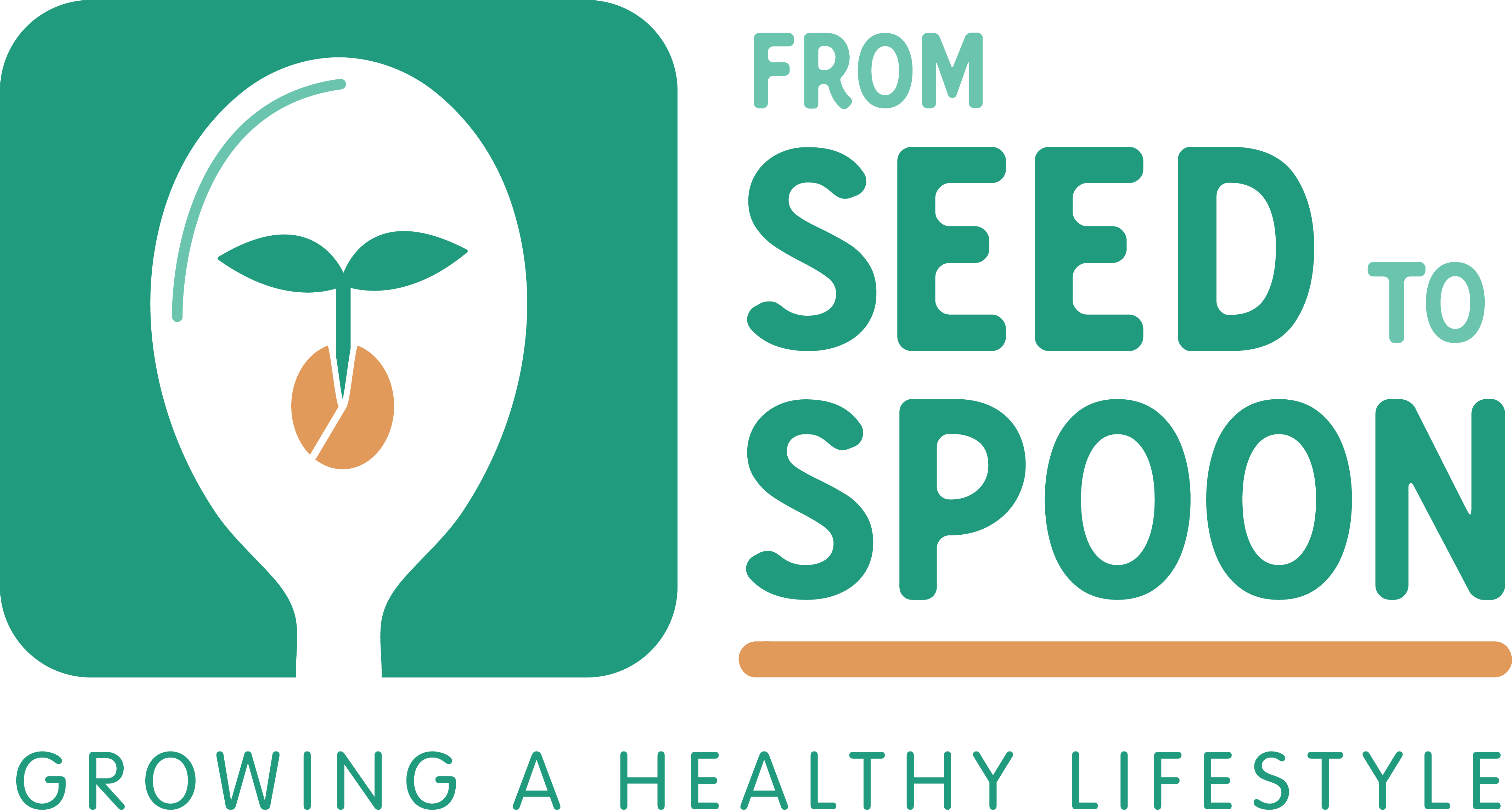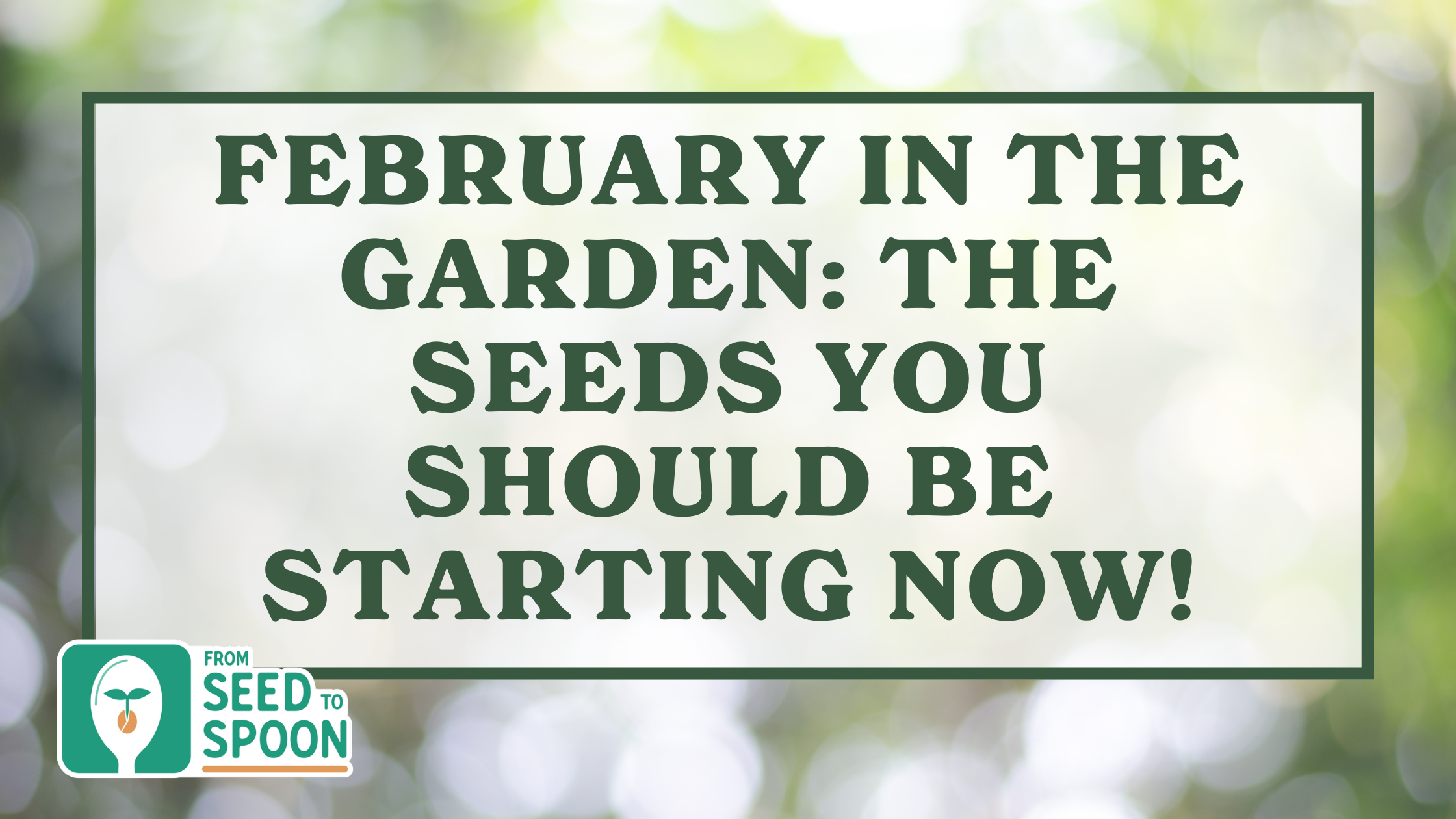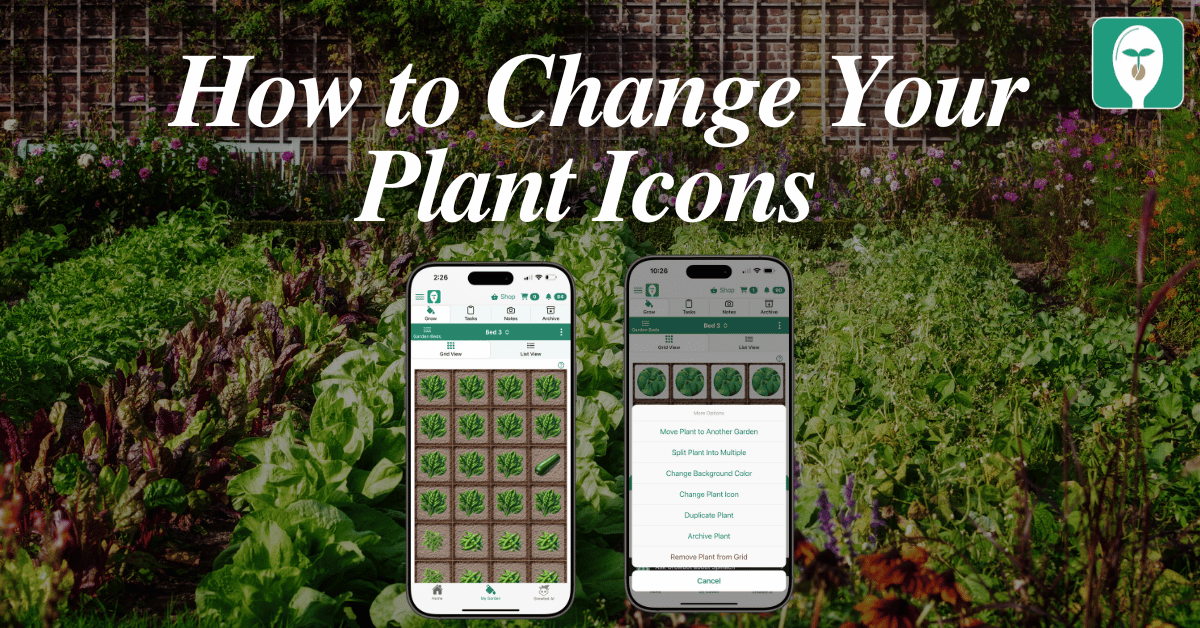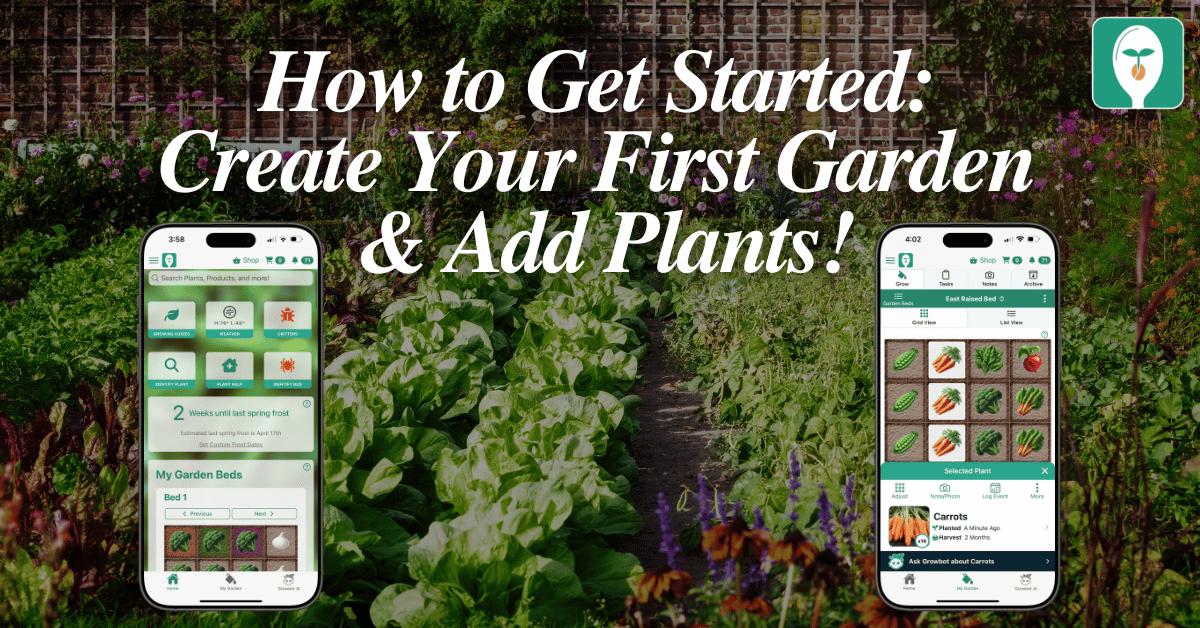February Gardening Checklist: Preparing for a Flourishing Season
As January’s frosty embrace begins to loosen in February, the gardening community is filled with excitement for the approaching season. Despite February’s lingering chill, it marks a pivotal period for both preparation and foresight. This time is rich with opportunity for all gardeners, whether you bring years of experience or are newly initiated into the joys of gardening, to lay the groundwork for a prosperous and rewarding year. Drawing on Carrie from Seed to Spoon’s expert advice, we’ll explore the crucial activities that should populate your February gardening agenda, setting the stage for a flourishing garden.
Start Seed Indoors
February is prime time for starting seeds indoors. This month, focus on sowing brassicas such as broccoli, cauliflower, and cabbage, alongside greens like spinach, kale, and lettuce. These early starters will be ready for transplanting outdoors soon, depending on your climate zone. Utilizing indoor seed starting areas, like garages or even laundry rooms with grow lights, can kickstart your gardening season. For those new to seed starting, consider using Park Seed Bio Domes or Bootstrap Farmer trays for an almost foolproof germination environment. Remember, the key to successful seed starting is maintaining moisture and ensuring warmth, especially for warm-season crops like peppers and tomatoes. A heat mat can significantly improve germination rates by providing the warmth these seeds crave.
Utilize Gardening Apps for Precision
To eliminate the guesswork from your gardening schedule, leverage the power of gardening apps like From Seed to Spoon. These apps offer personalized planting dates based on your specific location, ensuring you know precisely when to start your seeds indoors and when to move them outdoors. This tailored approach helps gardeners in all zones, from the cooler climates of zone 7 to the warmer reaches beyond.
Prepare Outdoor Spaces
For those with the luxury of milder February weather, begin preparing your outdoor gardening spaces. PVC dome hoop houses are an excellent investment for extending the growing season, allowing for earlier planting and protection from late frosts. If you’re considering building hoop houses, now is the time to start. Not only do they enable early planting of root crops like carrots and beets, but they also offer protection for young brassicas and greens from pests and harsh conditions.
Soil Preparation is Key
A crucial task this month is preparing your soil for the upcoming planting. Incorporating fresh compost into your raised beds or garden plots ensures your plants will have the nutrients they need to thrive. Whether you’re working with raised beds, traditional garden plots, or smart pots, refreshing your soil with high-quality compost can make all the difference in your garden’s productivity.
Hardening Off Seedlings
As you begin to transition seedlings from indoors to the great outdoors, remember the importance of hardening off. This process gradually acclimates your plants to outdoor conditions, reducing shock and improving their chances of success. Utilize fans in your indoor growing areas to simulate wind, preparing your plants for the breezy conditions they’ll face outside.
Embrace Organic Solutions for Pests
Gnat issues in your seed starting area? Carrie from Seed to Spoon recommends watering from below to prevent these pests and suggests maintaining good airflow around your seedlings. Organic solutions like yellow sticky traps, diatomaceous earth, or even a sprinkle of cinnamon can effectively manage gnat problems without resorting to harsh chemicals.
February: A Month of Preparation and Anticipation
February may still be cold, but in the gardening world, it’s a month filled with preparation, planning, and the first signs of life. By starting seeds indoors, preparing your soil, and planning for the season ahead with the help of gardening apps, you’re laying the foundation for a successful gardening year. Remember, every little step taken now will lead to a lush, productive garden in the months to come. So, grab your gardening gloves, and let’s make this February a month of green beginnings!

Carrie Spoonemore, co-founder of “From Seed to Spoon,” stands as a beacon of inspiration for gardeners and health enthusiasts alike. Her journey alongside her husband, Dale Spoonemore, in creating a platform that demystifies gardening and promotes a healthier lifestyle, has made a significant impact on individuals around the globe. Through the “From Seed to Spoon” app, Carrie has dedicated herself to empowering people to take control of their health and environment by growing their own food.
With a profound belief in the power of gardening to improve mental and physical health, Carrie’s contributions to the Seed to Spoon blog reflect her holistic approach to wellness. Her articles often focus on the nutritional benefits of homegrown fruits and vegetables, organic gardening practices, and the mental health benefits of spending time in nature. Carrie’s expertise in health science shines through in her detailed discussions on how specific plants can contribute to a balanced diet and overall well-being.
Carrie’s passion for gardening is deeply intertwined with her commitment to family and community wellness. She frequently shares personal stories of how gardening has brought her family closer together, offering practical tips for involving children in gardening activities and making it a fun, educational experience. Her writing encourages families to explore gardening as a means of spending quality time together while learning about nature and sustainability.
In addition to gardening advice, Carrie’s contributions to the blog include insights into the use of technology to enhance the gardening experience. She has played a crucial role in designing the “From Seed to Spoon” app to be user-friendly, ensuring that users of all ages and backgrounds can navigate the complexities of gardening with ease. Her vision for the app is not just as a gardening tool but as a vehicle for change, inspiring individuals to adopt a more sustainable lifestyle by growing their own food.
Carrie Spoonemore’s presence on the blog is marked by her compassionate approach to teaching and her unwavering belief in the transformative power of gardening. Her work continues to inspire a community of gardeners to pursue a healthier, more sustainable way of living, proving that with the right tools and knowledge, anyone can become a gardener and advocate for their health and the planet.







